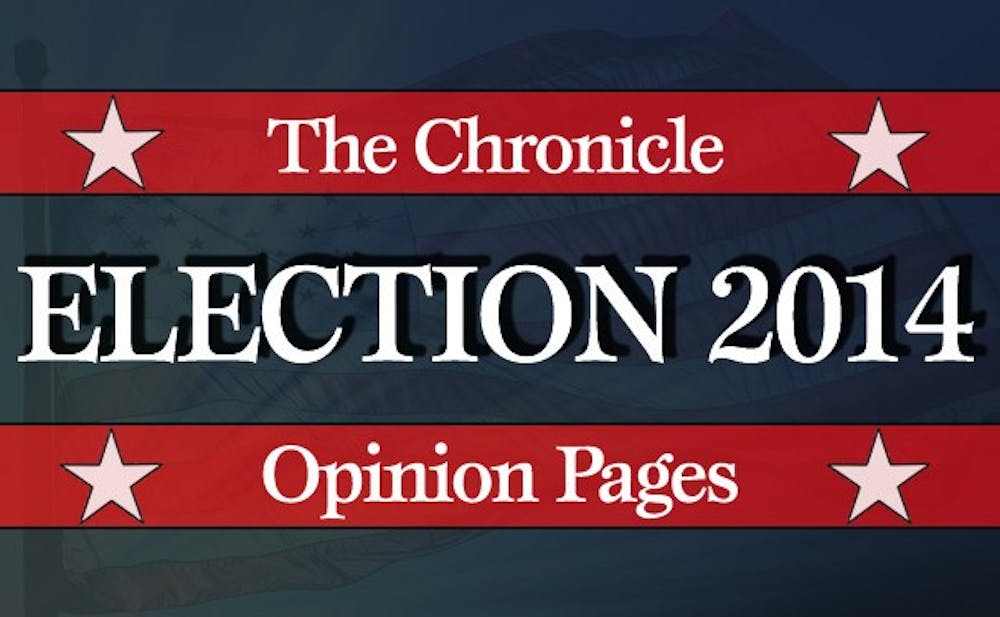Unlike many American universities, Duke has never been associated with having a lively college town. Durham is not usually the magnet pulling prospective applicants to the University. But the small town has a quaint character of its own, especially following campaigns to connect Duke and Durham that began in the 1990s. Endowed with a rich history and blessed with good weather, Durham can now boast of being called one of the South’s “foodiest small towns” and featuring one of the best theaters in the US.
Duke University’s contributions to Durham's growth as a national destination should be noted and appreciated. As a recent Towerview article describes, Duke was instrumental in kickstarting funding for the Durham Performing Arts Center, and the University’s office presence in downtown Durham has been helpful in revitalizing the area. Last academic year, Duke began subsidizing university employee housing Southside, an often-overlooked but redeveloping Durham neighborhood. As the largest private employer in the state of North Carolina, we recognize that Duke has a mandate to give back to the community it interacts with. Such a relationship has been, and will continue to be, mutually beneficial to both parties by attracting top talent to Durham.
Despite the University’s engagement with Durham, there has, disappointingly, not been the same response from Duke students. Whether because of sometimes difficult to navigate public transportation system in Durham or the apathy surrounding the Duke “bubble,” an average Duke student’s knowledge of Durham often does not extend past Shooters.
Yet there is much for Duke students to gain from a deeper relationship with the greater Durham community. We have long encouraged students to remain politically engaged with local politics, and Duke students have the ability to register to vote in North Carolina. Furthermore, hot button political items such as civil rights, voter I.D. laws and education will be prominent in the close senate race between Kay Hagan and Thom Tillis.
Duke offers several resources that make Durham more accessible. The Bull City Connector stops at most major food and shopping destinations in Durham, though service can sometimes be challenging to plan. Duke Student Government’s Duke Durham Discount Program makes eating out in Durham a little bit more affordable. DukeEngage in Durham and service-learning courses are positive steps towards local engagement, though strengthening and publicizing these resources is necessary.
There is, however, a caveat to our push for greater flow between the University and Durham. Much of what makes Durham distinctive from other cities is also vulnerable to the gentrification that often accompanies city rejuvenation campaigns. Maintaining Durham’s unique characteristics - its inventive food scene, local art galleries, independent music and warehouse architecture, for example - should be a constant priority as Durham’s rents rise and chains replace local small businesses.
Here’s a resolution to start off the year for you: get into Durham more. But do so consciously, respectfully and with an eye for what makes Durham different.
Get The Chronicle straight to your inbox
Signup for our weekly newsletter. Cancel at any time.

